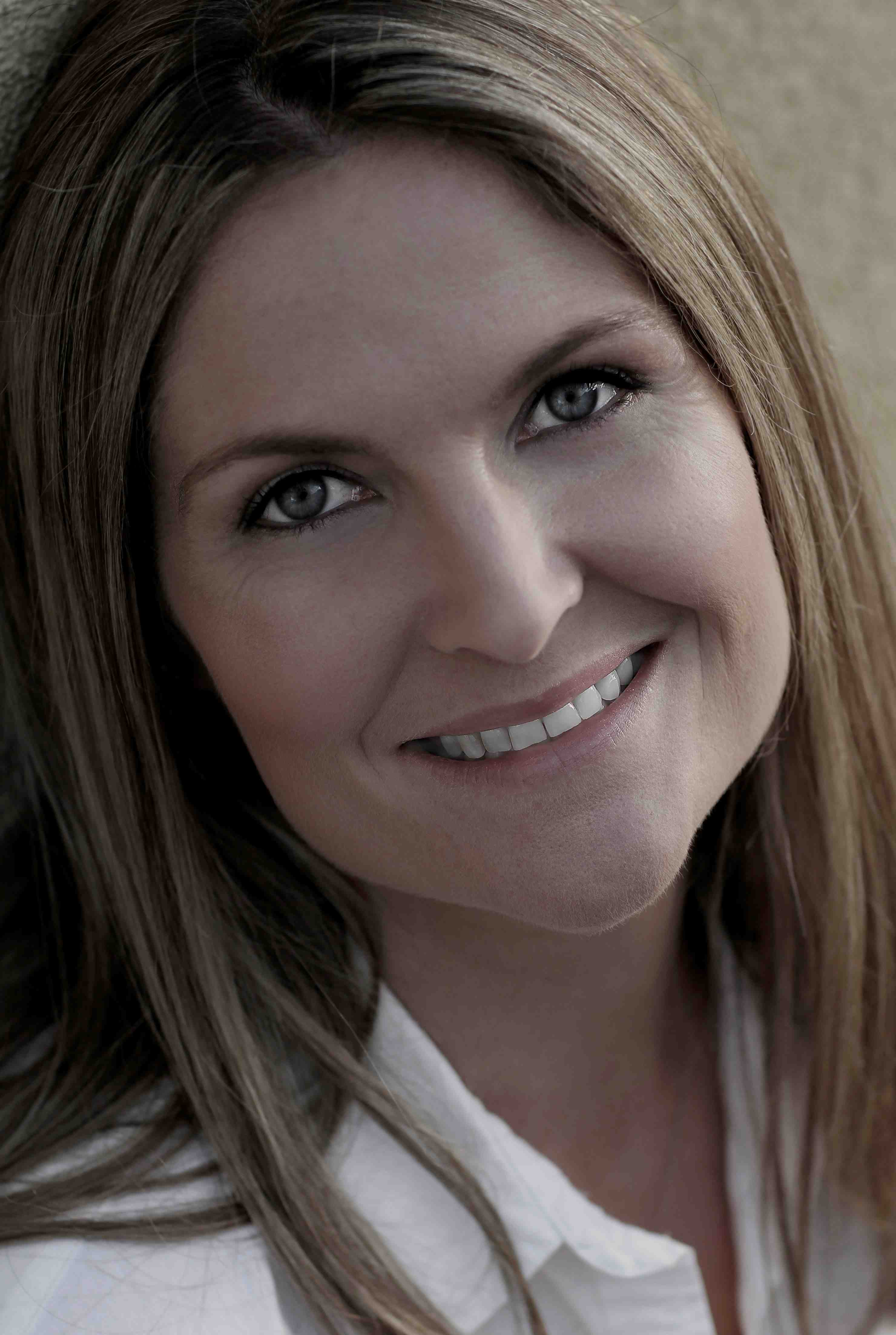
AJGpr client, child development and child behavioral specialist, Emma Jenner, recently commented on the Metz Family Blog musing that Stephanie Metz posted last October Why My Kids Are NOT the Center of My World.
With her new book Keep Calm and Parent On: A Guilt-Free Approach to Raising Children by Asking More from Them and Doing Less (Atria) due in stores on July 15th, Emma responded in her Huffington Post blog as follows.
A Childcare Professional’s Case for ‘Giving Up On Your Kids’
I want to applaud Stephanie Metz, the mum who dared write that her children are not the center of her world (which is not the same as giving up on them, by the way). As a nanny and parenting consultant, I have long espoused that we are doing our children a disservice by catering to their every need and catching their every fall. But it’s a hard message for parents to internalize, even harder for them to come out and say, and harder still to publish a blog about it! But Stephanie and the parents who found themselves nodding in response to her message should rest easy. The reason Stephanie’s message resonates is because it’s true: Teaching your children that they are not the center of everything teaches them invaluable life skills. Foremost among them are the following five:
1. Nutrition. When children don’t want to eat the healthy food they’re served, parents will either scramble to make them something else, or fight with them until they’ve consumed enough. But there’s another choice — one that holds that they either eat the food in front of them or wait until the next meal to eat again. Parents are uncomfortable with this approach because it means their child might (gasp) experience the very natural consequence of being hungry. So what? So let him be hungry for a few hours! He will ultimately learn to develop a more sophisticated palette for it, one that likes more than just mac n’ cheese and cupcakes.
2. Manners. Once I was at a hotel hot tub with the 4-year-old I took care of, and he dunked his towel in the water, though I had warned him not to. “Charles,” I had said when I saw his intent, “the people who work at this hotel work very hard to wash, dry, and fold those towels. It’s inconsiderate to make more work for them. If you put your towel in the water, I’m not getting you another one.” When he dunked it anyway, I refused to get him another towel. And guess what? When he got out of the hot tub, he had a wet towel and was cold for a moment (gasp again!). But he also experienced a natural consequence, and learned an important message not only about boundaries, but also about how the way we behave affects others.
3. Parent self-care. To be a good parent, you must take care of yourself. Not running to meet your child’s every whim makes that job easier. You don’t have to get up from the table to get your child seconds before you’ve eaten your food. You don’t have to run across the zoo to get your child a drink because she happens to be thirsty right that moment. Children can and should learn to wait to have their needs met, and encouraging them to do so means you have more time for your own needs.
4. Sleep. Allowing your child to experience discomfort is perhaps the most difficult in the very fraught arena of sleep training. When your child is old enough to sleep through the night, but does not, instead of getting up countlessly to aid him back to sleep, teach him instead to help himself, to self-soothe. Yes, it means he won’t be happy every second of the night– in fact, he’ll be furious. But in the end if you can tolerate his temporary discomfort, you and he will each get more rest.
5. Self-esteem. Let’s narrow this down and attack just the issue of birthday parties. We’re so wired to protect children’s feelings at all costs that we allow them to invite an entire class to a birthday party so that no one is left out. Well, so what if some people are left out? Isn’t that the way the world works? Maybe sometimes your child will be left out, and maybe sometimes that won’t feel good to her. Teach her how to roll with the punches, and she will develop into a much better adjusted human being, one who does not call you in tears in her 20s when she learns she hasn’t been invited to someone’s wedding or baby shower.
You can’t make it all better forever, guys. So prepare your children for that reality instead of setting them up for a big fall.






